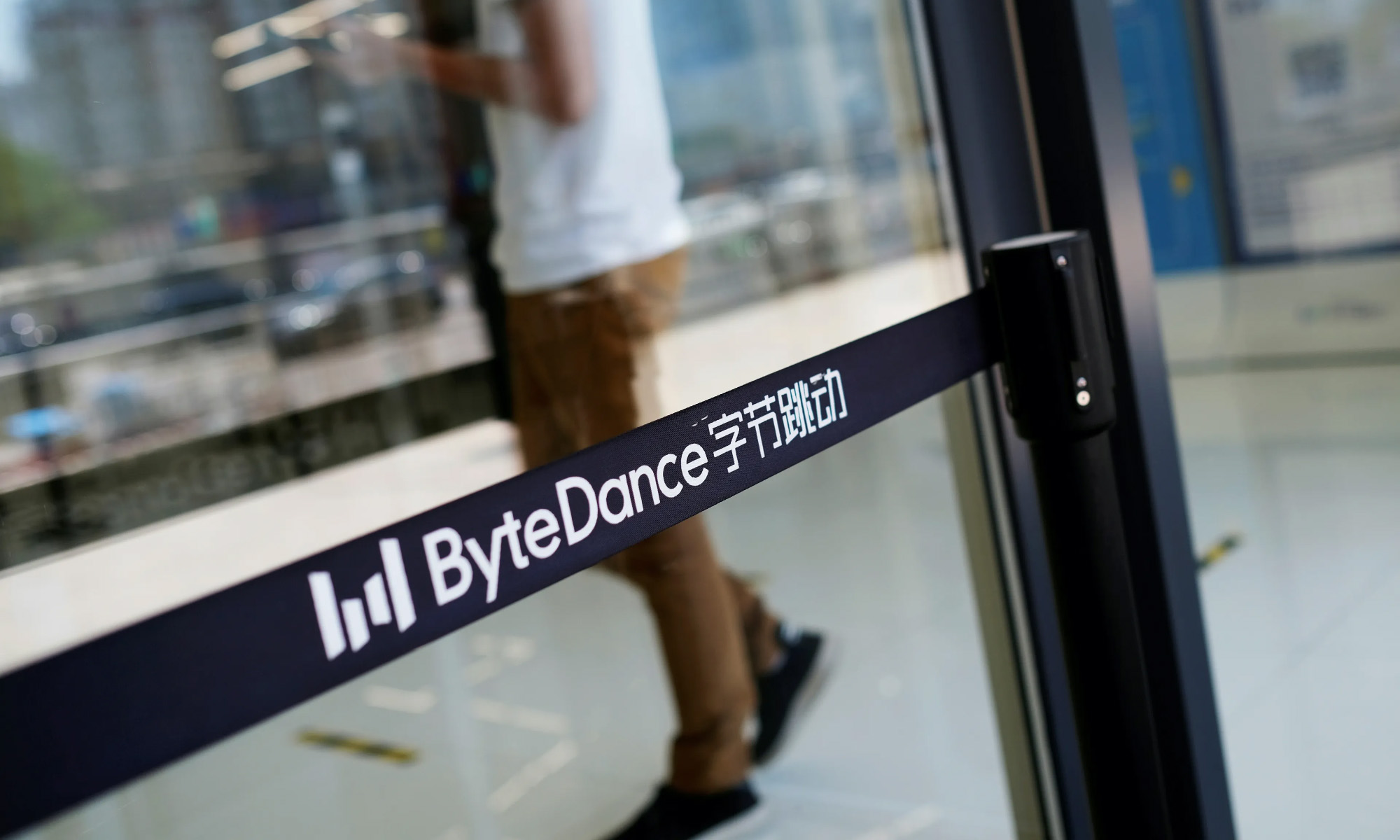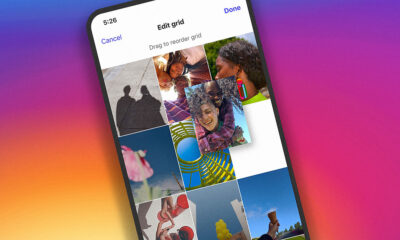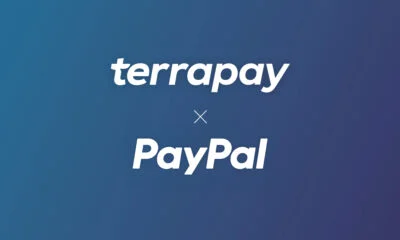News
Abu Dhabi’s G42 Acquires $100 Million Share In ByteDance
The move comes as TikTok considers a separation from its parent company to address ongoing privacy concerns.

Thanks to substantial government investment, Abu Dhabi is rapidly emerging as a MENA tech hub, and with that, high-profile investments are taking place on a frequent basis. Abu Dhabi-based AI firm G42 continued the trend by recently acquiring a $100 million-plus stake in ByteDance, the Chinese parent company of TikTok.
G42 is led by the UAE’s Sheikh Tahnoon bin Zayed Al Nahyan, who acquired the stake from existing investors through the 42XFund.
Shortly after the move, another fund invested $225 billion to acquire ByteDance, a figure well off the company’s peak valuation of $460 billion back in 2021.
Also Read: Top 10 Best Video Games Set In The Middle East
It’s thought that G42’s investment was a nod to ByteDance’s long-term potential as the Chinese economy finally begins to rebound from endless pandemic restrictions. The growing enthusiasm for AI could also be part of renewed interest in ByteDance, as TikTok is acknowledged as pioneering algorithms a decade ago to get users hooked on videos and news.
News
Google Releases Veo 2 AI Video Tool To MENA Users
The state-of-the-art video generation model is now available in Gemini, offering realistic AI-generated videos with better physics, motion, and detail.

Starting today, users of Gemini Advanced in the MENA region — and globally — can tap into Veo 2, Google’s next-generation video model.
Originally unveiled in 2024, Veo 2 has now been fully integrated into Gemini, supporting multiple languages including Arabic and English. The rollout now brings Google’s most advanced video AI directly into the hands of everyday users.
Veo 2 builds on the foundations of its predecessor with a more sophisticated understanding of the physical world. It’s designed to produce high-fidelity video content with cinematic detail, realistic motion, and greater visual consistency across a wide range of subjects and styles. Whether recreating natural landscapes, human interactions, or stylized environments, the model is capable of interpreting and translating written prompts into eight-second 720p videos that feel almost handcrafted.
Users can generate content directly through the Gemini platform — either via the web or mobile apps. The experience is pretty straightforward: users enter a text-based prompt, and Veo 2 returns a video in 16:9 landscape format, delivered as an MP4 file. These aren’t just generic clips — they can reflect creative, abstract, or highly specific scenarios, making the tool especially useful for content creators, marketers, or anyone experimenting with visual storytelling.
Also Read: Getting Started With Google Gemini: A Beginner’s Guide
To ensure transparency, each video is embedded with SynthID — a digital watermark developed by Google’s DeepMind. The watermark is invisible to the human eye but persists across editing, compression, and sharing. It identifies the video as AI-generated, addressing concerns around misinformation and media authenticity.
While Veo 2 is still in its early phases of public rollout, the technology is part of a broader push by Google to democratize advanced AI tools. With text-to-image, code generation, and now video creation integrated into Gemini, Google is positioning the platform as a full-spectrum creative assistant.
Access to Veo 2 starts today and will continue expanding in the coming weeks. Interested users can try it out at gemini.google.com or through the Gemini app on Android and iOS.





















